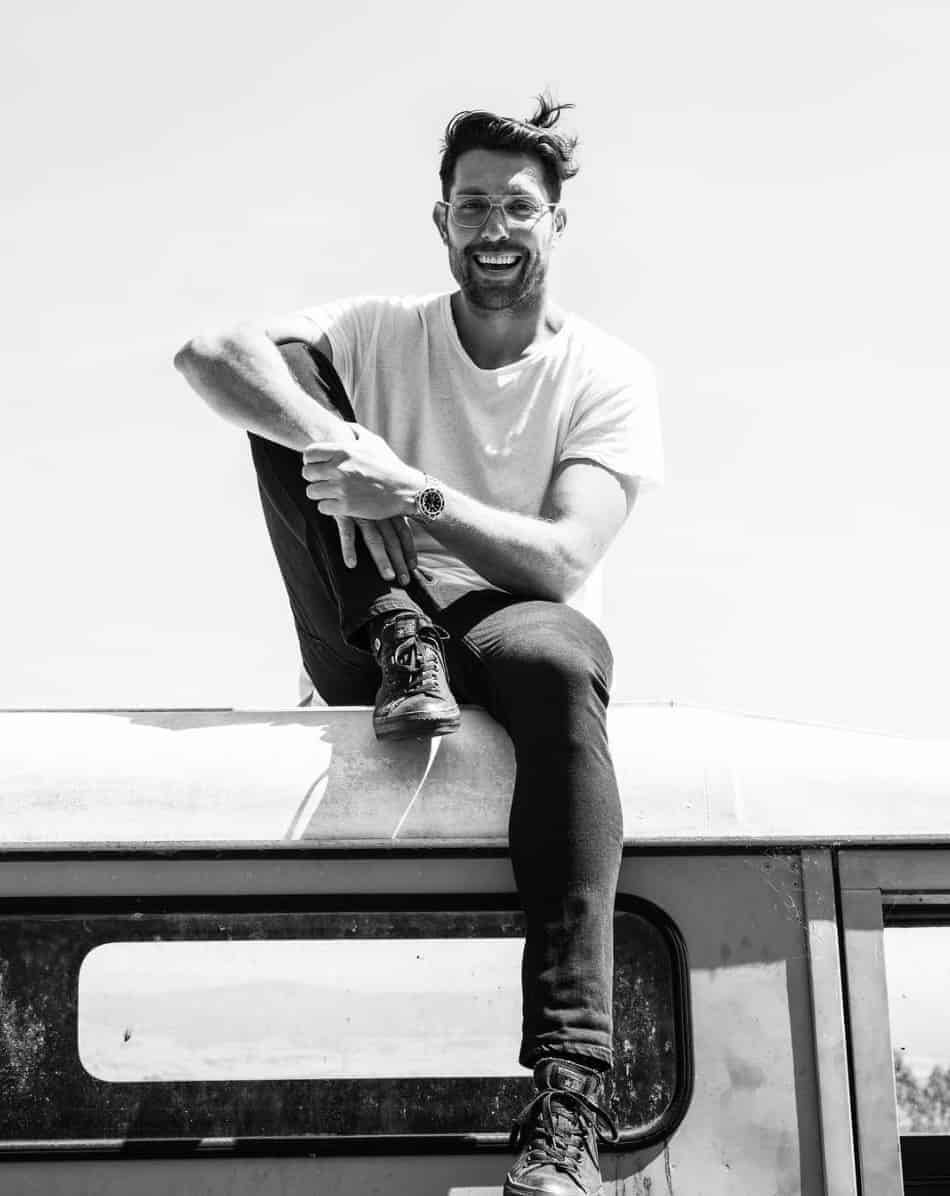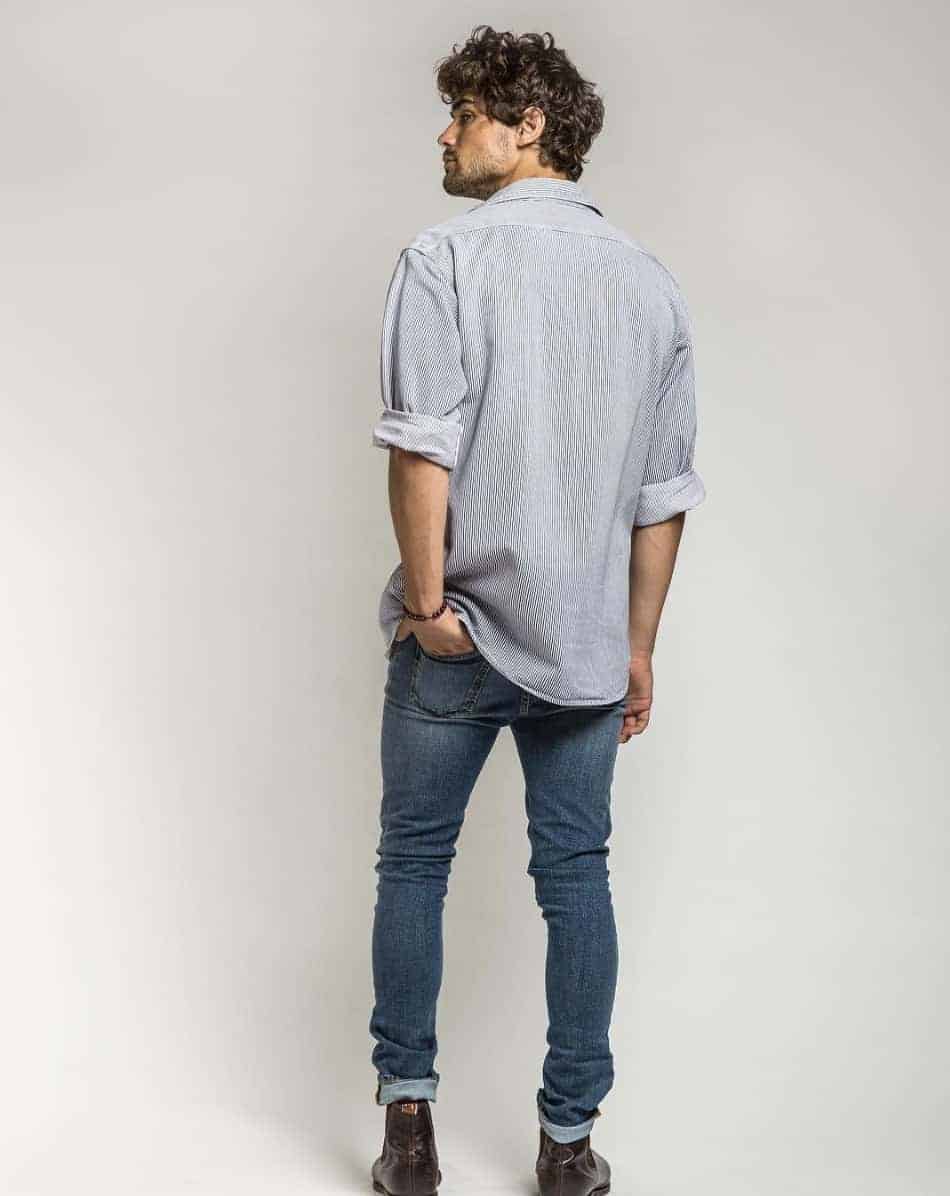The Situation
Modern Slavery is a large issue globally.
Today, it is estimated that 40 million people are trapped in what is known as modern slavery. Of those 40 million, 25% are children and 12.5% are trapped in sex slavery.
What is modern slavery? According to the US Department of State, both modern slavery and human trafficking are “umbrella terms to refer to both sex trafficking and compelled labor.” These terms refer to people held against their will in situations like bonded labor, forced marriage, sexual servitude, and state-imposed labor.
The problem exists in every country, including the US, and is a $150 billion industry worldwide. In the US, you can find victims of human trafficking working across industries such as escorting, sex workers, construction, and labor jobs.
One of the ways this happens is when migrating workers are tricked into employment situations that leave them indebted to their employer, working for little to no pay. In many cases workers don’t know their rights, and if those workers are illegal, for example, they are even less inclined to be in a position to stand up for themselves.
In addition to the trafficking that occurs within the US, Americans contribute to human trafficking when we buy goods with child and slave labor in the supply chain. Of course, we usually have no idea we’re supporting human trafficking because the supply chains are big, complicated, and hidden.
To find out how many slaves could be working for you, take the short quiz at Slavery Footprint. The Slavery Footprint is a project backed by the US State Department to help bring awareness to this global issue.
The Good News
The good news is that once you know your impact, there are tangible steps you can take to make a difference, so that today you can use your purchasing power for good.
More and more ethical brands are making their supply chains transparent and certifying them with fair labor standards to reduce and eliminate the possibility of slavery. There are many such clothing brands that are doing that by publishing their factory lists, using Fair Trade Certified factories, adhering to high labor standards like FLA and SA8000, and committing to pay living wages.
Just take a look at the brands in our shop for examples of brands that are doing good.
Above and beyond that, there are brands whose mission is to make positive change in the human trafficking space. By purchasing from these brands, things we all buy anyway like jeans, tees, and even suits can make a small difference on this big global issue.
If enough of us make the change to purchasing for good, just think what an impact that could have. Here are 8 brands with men’s clothes that are leading the fight against human trafficking and how they’re making a difference.
An Example of a Certified Brand Challenging Modern Slavery
Meet Outland Denim
Outland Denim makes premium denim with eco-friendly and ethical manufacturing. They use organic cotton fabric and pocket linings, and recycled packaging. They also have strict supply chain standards.
With factories in Turkey, Vietnam, and Cambodia, Outland Denim is Australia’s first B corporation. They hold various fair labor certifications and pay living wages.
Founder James Bartle began the company with the purpose of making a positive impact on the human trafficking issue. Outland Denim offers ethical employment and training to women rescued from or at risk of falling into human trafficking.
Looking to Do More?
By shifting some of your clothing and gift purchases to ethical brands you can make real change on human trafficking. Share this article with 3 of your friends to help spread the impact.
Looking to make change beyond your purchases?
Here’s a few things you can do in the fight against human trafficking:
- Take the quiz at Slavery Footprint to find out how many slaves work for you. Then share your results on social media to get others engaged in talking about the issue of modern slavery.
- If you have a business or work for one with a supply chain, check out FRDM. FRDM is software that helps companies identify the slavery in their supply chains.
- KnowTheChain is another resource for companies to learn about and address modern slavery within their supply chain. You can make a large impact by bringing this resource to your place of work.
- Sign up and take action at Free the Slaves, a nonprofit organization fighting modern slavery. On their website you can get informed, sign petitions, or consider making a donation.
How will you take action? Let us know in the comments.
As always, thank you for your support.

Garik Himebaugh is the founder of Eco-Stylist, the go-to resource to find ethical clothing. He’s also a sustainable personal stylist and international speaker on all things sustainable fashion. Garik loves coffee, climbing, and clothes.












